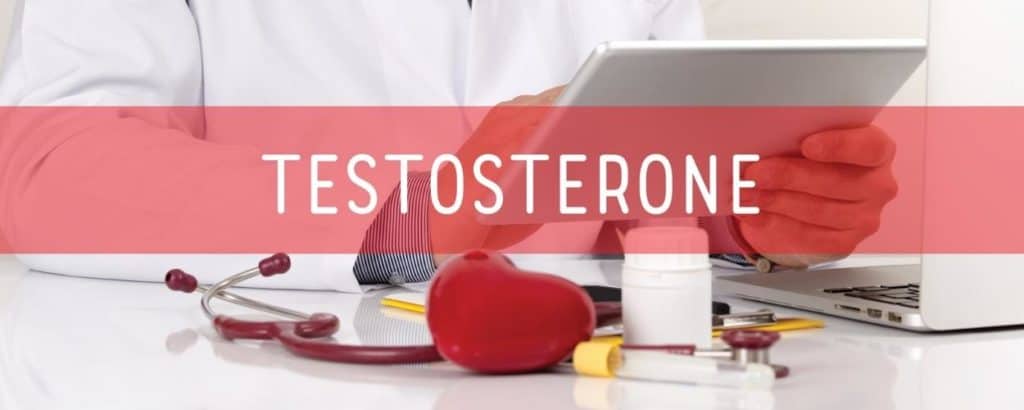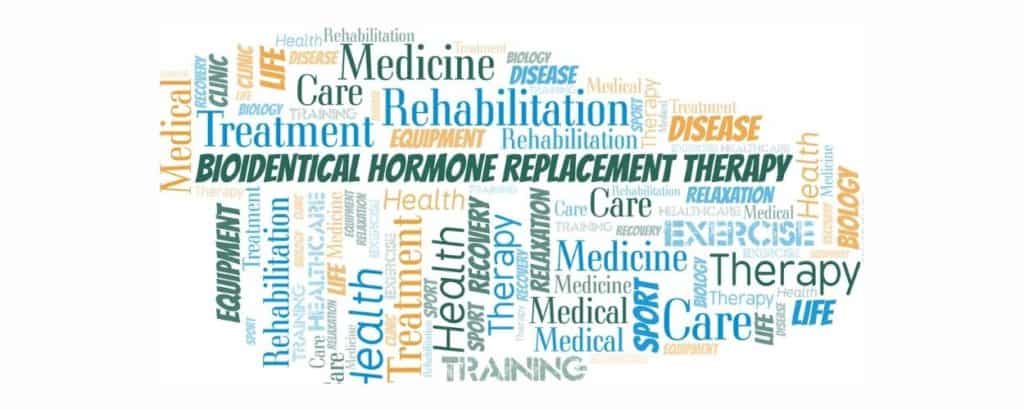The side effects of testosterone replacement therapy are a topic of great interest in the medical community and beyond. For many years, researchers have been studying the potential short-term and long-term health effects of testosterone replacement therapy, particularly when it comes to the cardiovascular system. While the results of some studies have indicated that testosterone replacement therapy may be beneficial for some men, other studies have suggested that there may be risks associated with the treatment. To better understand the side effects of testosterone replacement therapy, it is necessary to investigate the potential impacts of the therapy on the body. Studies have shown that testosterone replacement therapy can positively affect sexual performance and libido. However, the long-term effects of the therapy on the cardiovascular system are not yet known. Additionally, studies have suggested that testosterone replacement therapy may increase the risk of prostate cancer in some men and other types of cancer. Further investigation of the potential side effects of testosterone replacement therapy is important to ensure that patients are informed of the potential risks associated with the treatment.
Interviewing the provider and the Testosterone Replacement Therapy clinic is a good idea. Interviews are informal discussions that confirm the provider is interested in your best interests.
Evaluating the impact of testosterone replacement therapy on mental health is an important and timely area of research. There is increasing evidence that testosterone levels can impact mental health outcomes, such as depression, anxiety, and overall well-being. Furthermore, there is growing evidence that testosterone replacement therapy can improve mental health symptoms. As a result, researchers are interested in exploring the potential benefits of testosterone replacement therapy on mental health outcomes. To this end, many clinical studies have been conducted to evaluate the safety and efficacy of testosterone replacement therapy in improving mental health outcomes. The results of these studies have been mixed, with some finding that testosterone replacement therapy can improve mental health symptoms, while others have not found a significant benefit. Therefore, it is important to continue evaluating testosterone replacement therapy's impact on mental health outcomes. Additionally, it is important to consider the potential risks associated with testosterone replacement therapy and the individual's overall health status before starting any testosterone replacement therapy.




